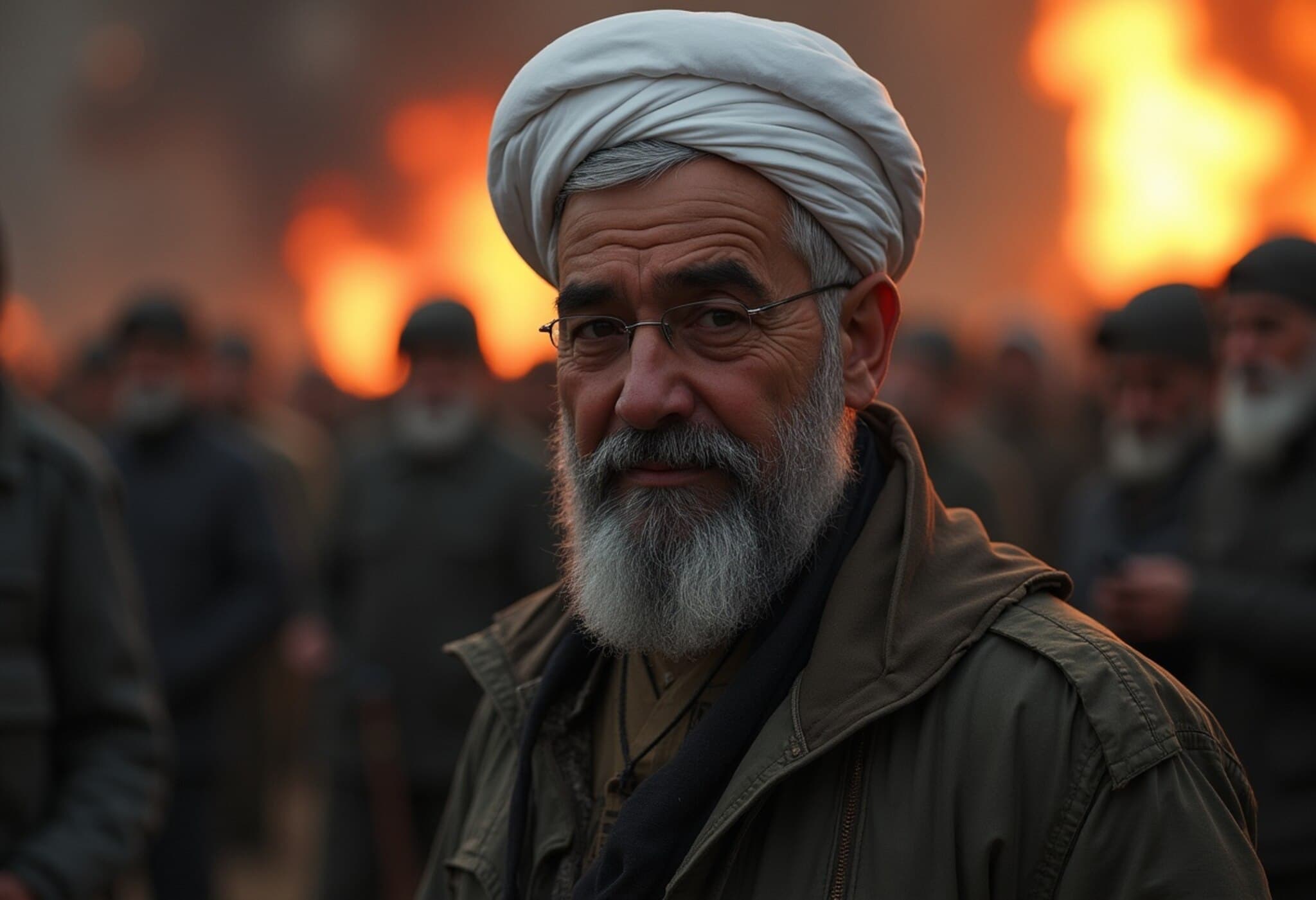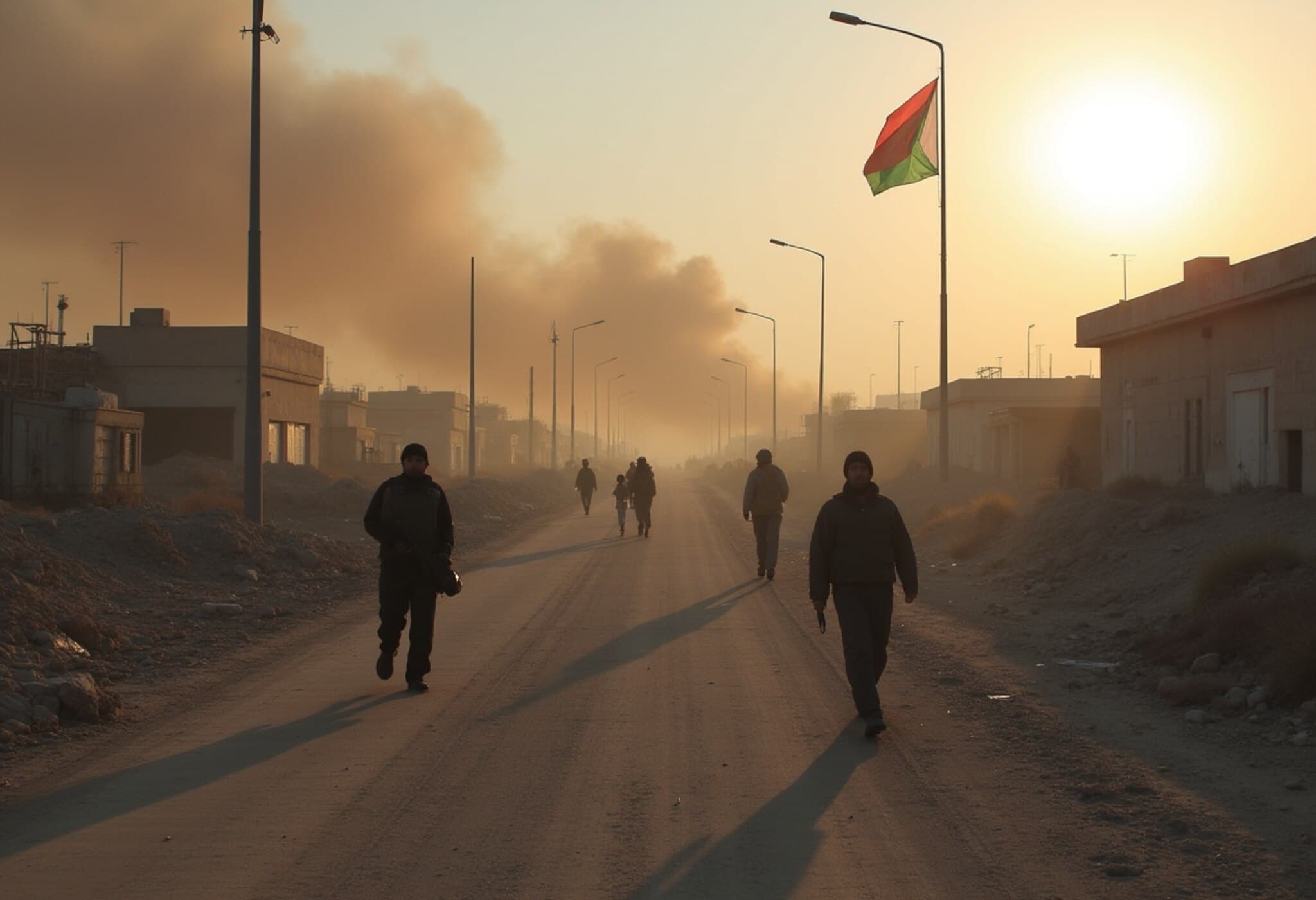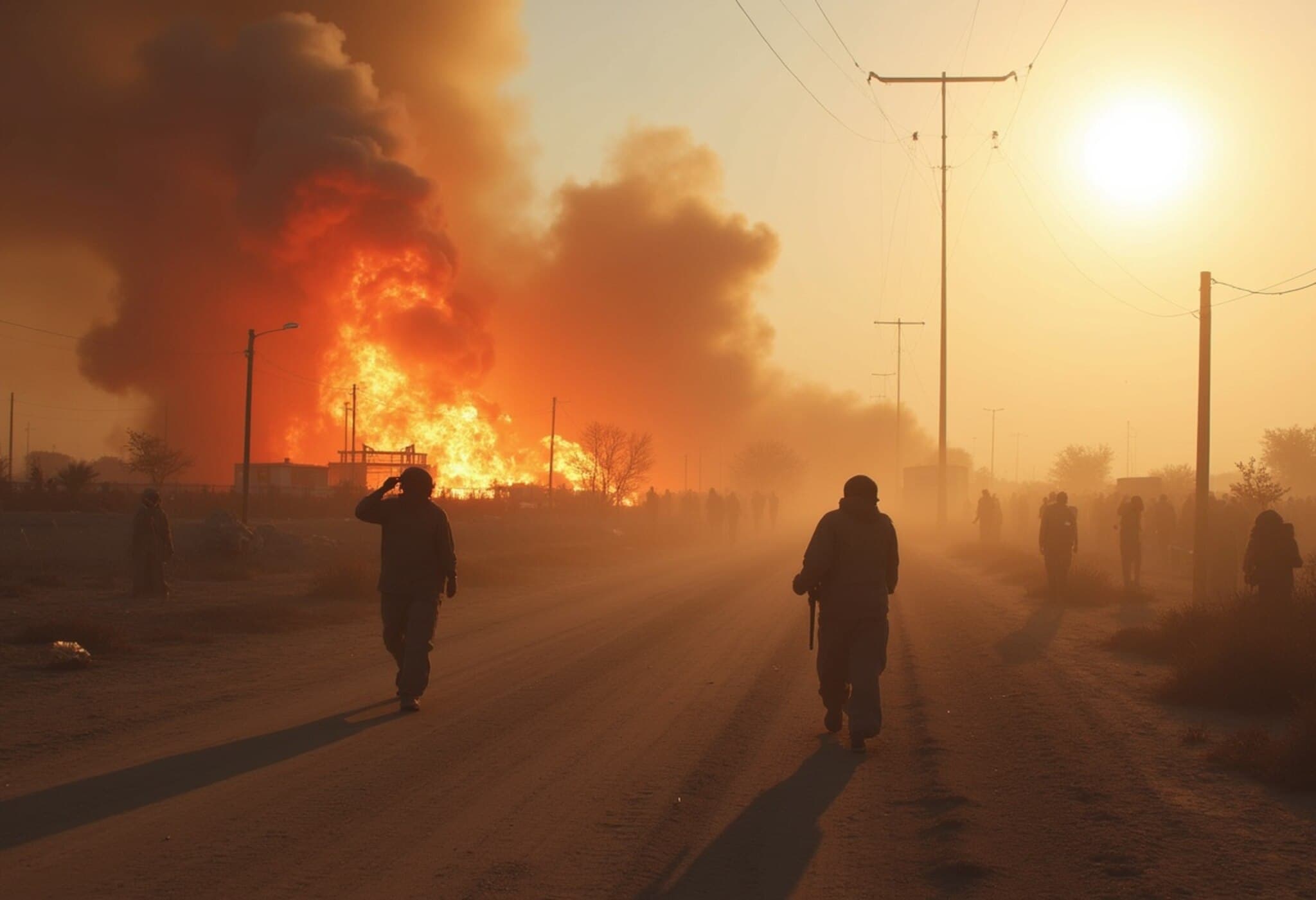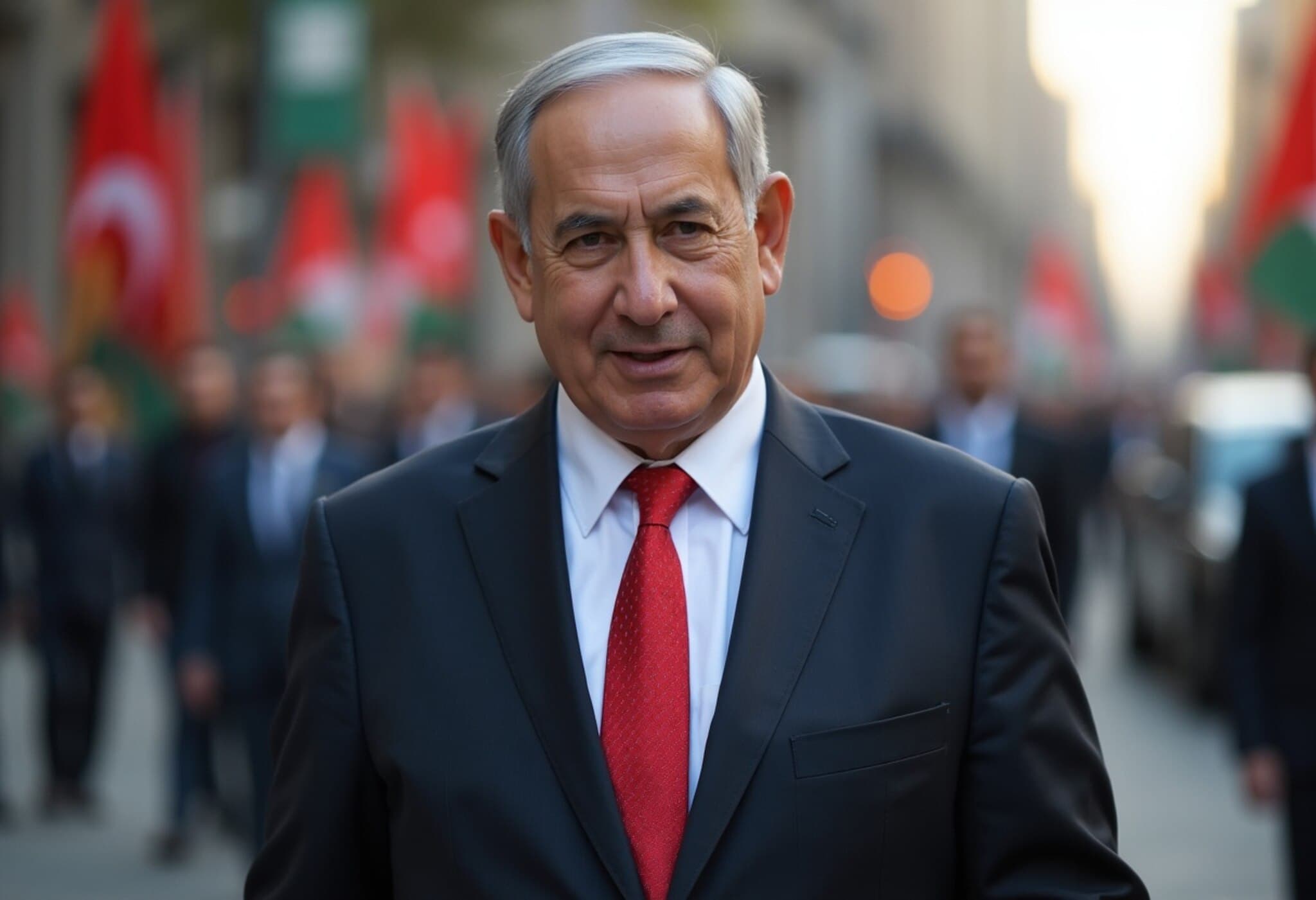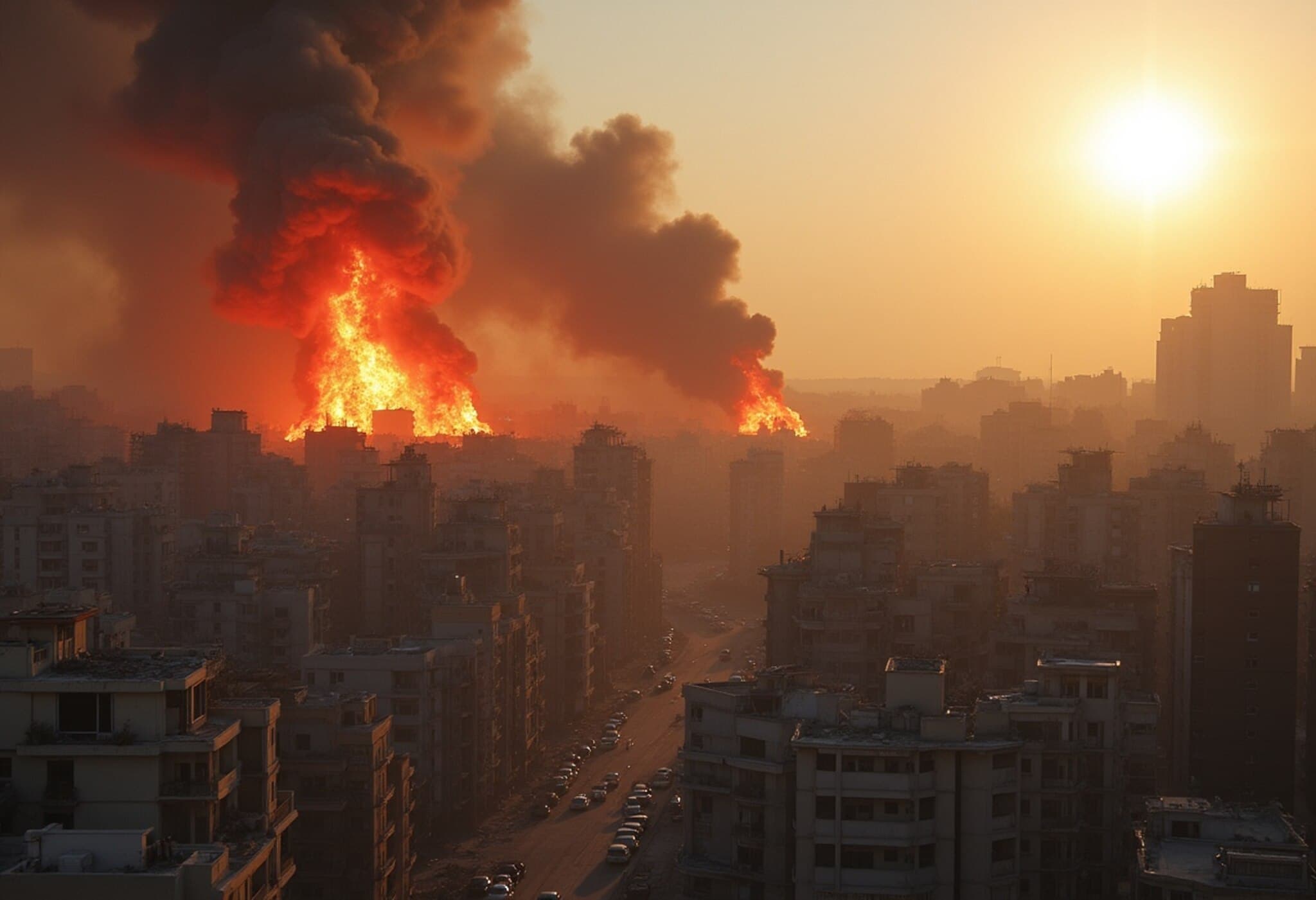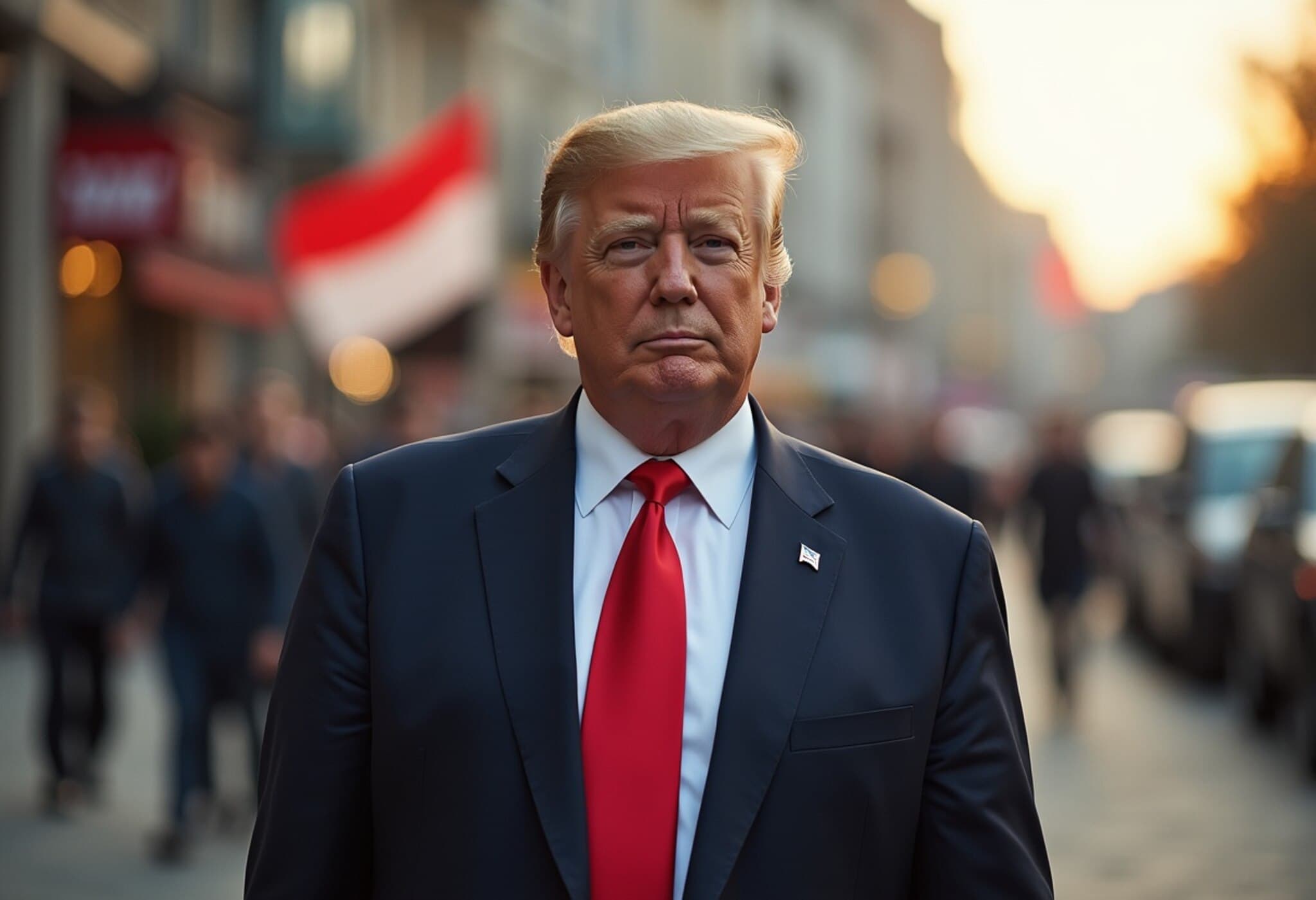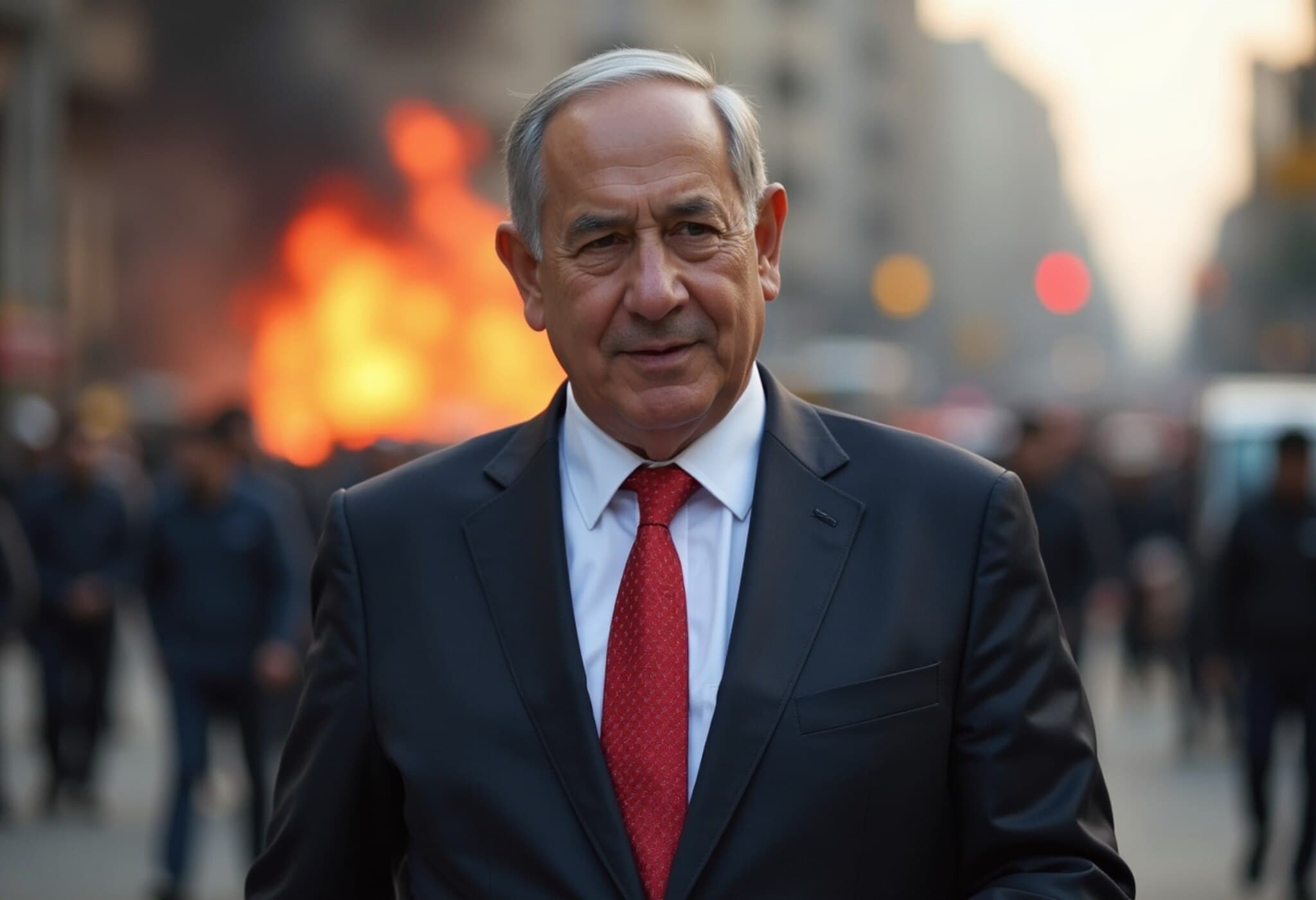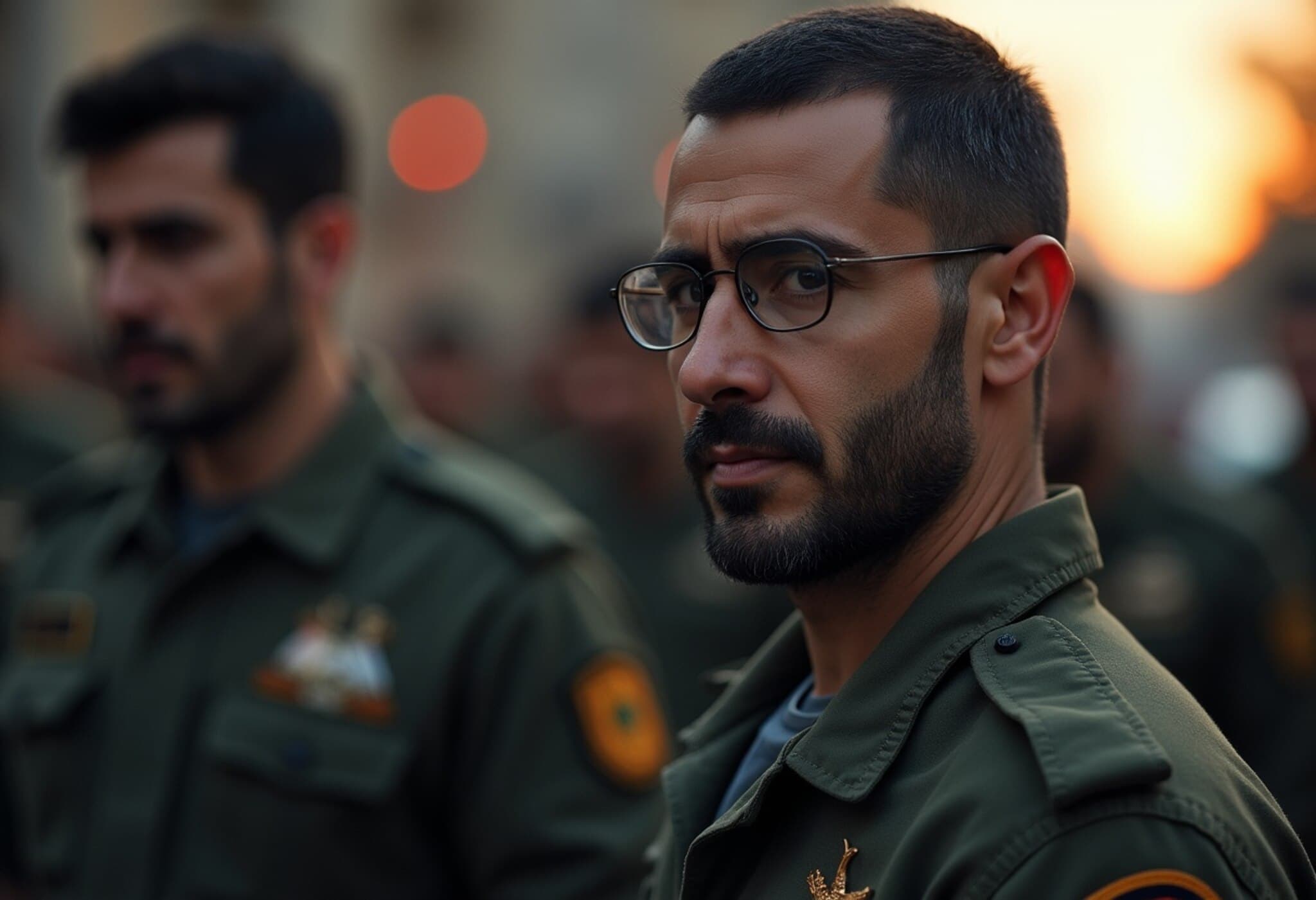Iran Executes Two Men on Charges of Espionage and Terror Plot
In a move underscoring ongoing regional tensions, Iran executed two men on Wednesday, accusing one of espionage on behalf of Israel and the other of orchestrating sabotage for the Islamic State (IS) group, according to reports by Iranian state media and the judiciary news outlet Mizanonline.
Rouzbeh Vadi: Alleged Mossad Spy
One of the men identified is Rouzbeh Vadi, accused of passing highly sensitive intelligence to Israel’s intelligence agency, Mossad. According to Mizanonline, Vadi relayed critical information reportedly related to an Iranian nuclear scientist who was killed during Israeli airstrikes in June 2025. The death of the scientist was part of Israel’s ongoing covert campaign against Iran’s nuclear development efforts.
Vadi is said to have met Mossad operatives five times in Vienna, Austria, the report stated, although details regarding his arrest’s timing and location remain undisclosed. This development reflects a broader shadow conflict between Iran and Israel, where covert operations and targeted killings have become frequent.
In a wider context, Israel’s ambassador to France, Joshua Zarka, confirmed in June that Israel’s concentrated 12-day military actions against Iran involved targeted strikes that eliminated at least 14 individuals engaged in Iran’s nuclear program, including physicists and engineers.
Execution of IS Member Mehdi Aghazadeh
Separately, Iran executed Mehdi Aghazadeh, whom the authorities convicted of planning sabotage on behalf of the Islamic State. According to Mizanonline, Aghazadeh underwent militant training in Syria and Iraq and allegedly infiltrated Iran with a four-member team. The group perished in a fatal clash with Iranian security forces prior to his capture.
Legal Proceedings and Human Rights Concerns
Iranian authorities emphasized that the Supreme Court upheld the death sentences after thorough legal procedures. However, this announcement arrives amid mounting alarm from international human rights organizations and activists, who warn of a pattern of harsh sentences and executions linked to the ongoing Iranian-Israeli conflict.
Seven executions for espionage have been publicly reported in Iran during this recent period of heightened hostilities with Israel, prompting fears that more such cases may follow.
Contextual Analysis: Implications for Regional Stability and International Law
The executions highlight the increasingly sophisticated and deadly espionage and counterterrorism operations amid a fraying Middle Eastern peace landscape. For the United States and its allies, this represents a complex challenge: balancing concerns over Iran’s nuclear ambitions and regional proxy conflicts while monitoring human rights and legal standards within Iran’s judicial system.
Experts note that such secretive intelligence warfare further destabilizes the Middle East, with civilian scientists and operatives caught in the crossfire. The covert nature of these operations complicates diplomatic efforts, making transparent communication and de-escalation harder to achieve.
Moreover, the charged atmosphere around executions raises questions about due process and the possibility of coerced confessions or politically motivated trials within Iran’s judiciary, issues that have drawn international scrutiny in the past.
What Lies Ahead?
- Escalation risks: The cycle of assassination and retaliation between Iran and Israel could escalate, threatening broader regional conflict.
- International diplomacy: Global powers must navigate these sensitive incidents carefully to prevent misunderstandings and to promote dialogue.
- Human rights oversight: Continued monitoring by independent organizations is essential to safeguard legal rights in an environment charged with national security anxieties.
Editor’s Note
This case sheds light on the murky intersection of espionage, national security, and judicial processes amid a volatile geopolitical backdrop. While Iran’s government insists on legal rigor, the opacity surrounding these executions leaves many questions unanswered about transparency and fairness. As the shadow war between Iran and Israel deepens, the human cost extends beyond borders, compelling international observers to stay vigilant and advocate for adherence to international legal norms. Readers are encouraged to consider how these delicate issues affect not only regional stability but also the global balance of security and human rights.

